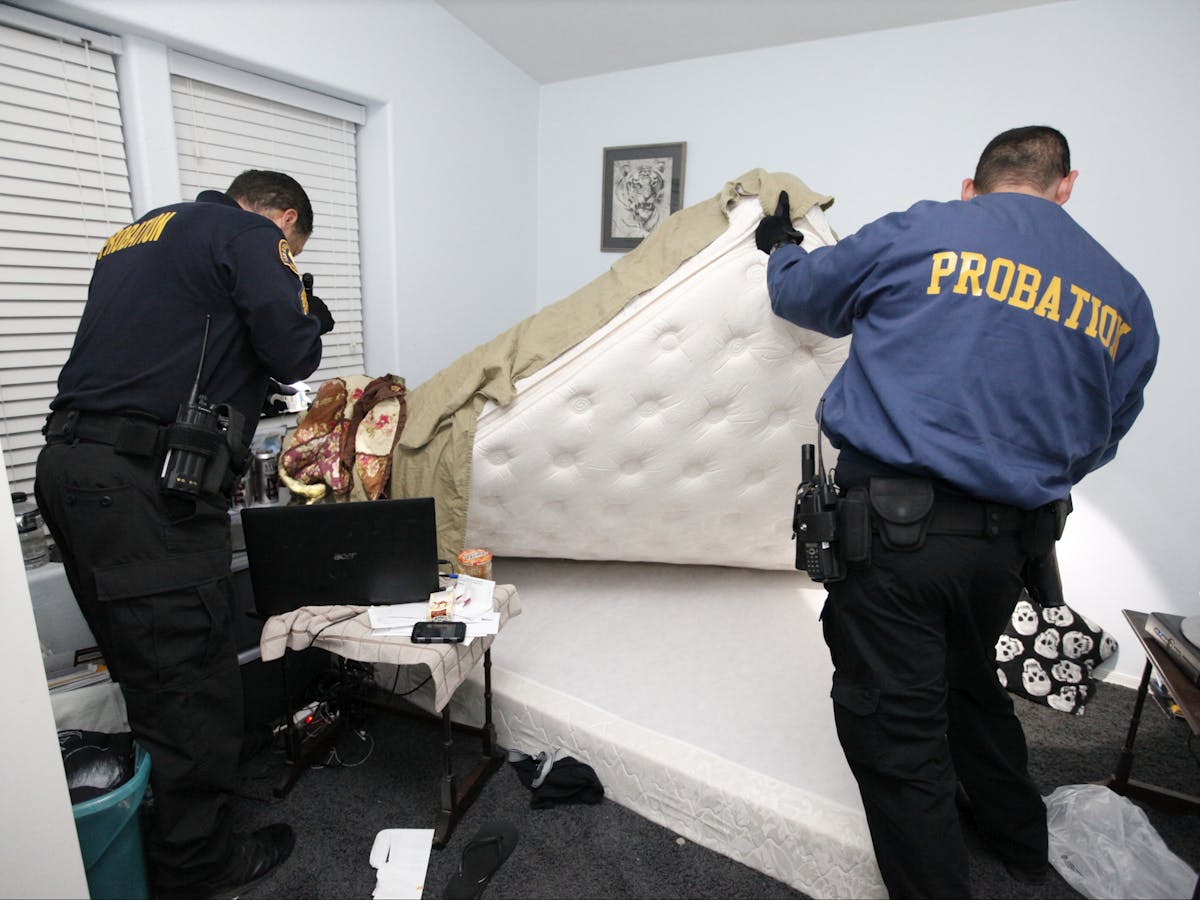
In State v. Tibbles, the WA Supreme Court held the search of a defendant was not justified by exigent circumstances and the marijuana/paraphernalia evidence obtained as a result of the search should have been suppressed.
Micah Tibbles was pulled over following a traffic stop. During the stop, Trooper Norman Larsen detected a strong odor of marijuana coming from Tibbles’s car. Though he did not arrest Tibbles or seek a warrant, he searched the car and found the contraband. Trooper Larsen and the prosecutors argued that although they lacked a search warrant, “exigent circumstances” justified the search nonetheless. Tibbles was convicted of for possession of marijuana and drug paraphernalia. The case wound up in the WA Supreme Court.
The Court reasoned the Trooper had probable cause to arrest Tibbles based on the odor of marijuana alone under the Plain View Doctrine. However, the existence of probable cause, standing alone, does not justify a warrantless search. The Court also reasoned that because Trooper Larsen did not arrest Tibbles, and did not have a warrant when he searched Tibbles’s car, the search must be justified by one of our recognized warrant exceptions; such as “exigent circumstances.”
Here’s the law on exigent circumstances: basically, the exigent circumstances exception to the warrant requirement applies where obtaining a warrant is not practical because the delay inherent in securing a warrant would compromise officer safety, facilitate escape or permit the destruction of evidence.
Under State v. Tibbles, there are five circumstances types of exigent circumstances: (1) hot pursuit; (2) fleeing suspect; (3) danger to arresting officer or to the public; (4) mobility of the vehicle; and (5) mobility or destruction of the evidence.” A court must look to the totality of the circumstances in determining whether exigent circumstances exist.
Here, the WA Supremes decided the State failed to show that exigent circumstances justified the warrantless search of Tibbles’s car. Tibbles was outside the vehicle when Trooper Larsen searched it and the State has not established that the destruction of evidence was imminent. Additionally, the State failed to establish that obtaining a warrant was otherwise impracticable.
“For example, we do not know whether Larsen could have used a cell phone or radio to procure a telephonic warrant or whether he could have called backup to secure the scene while Larsen went to procure a warrant,” said Justice Debra Stephens of WA Supremes.
Additionally, regarding the safety concerns, the facts do not establish that Trooper Larsen felt he or anyone else was in danger as a result of Tibbles’s actions. Tibbles was not stopped on suspicion of impaired driving, but rather for a defective taillight. Tibbles was alone, was compliant with the trooper’s requests, and moreover, was released rather than arrested and allowed to drive away even after Trooper Larsen searched the car and seized the marijuana and drug paraphernalia. For these reasons, the WA Supremes reversed the WA Court of Appeals which upheld Tibbles conviction.
My opinion? BEAUTIFUL. The State’s “exigent circumstances” arguments were totally baseless. Let’s boil it down: exigent circumstances should be found only where obtaining a warrant is not practical because the delay inherent in securing a warrant would compromise officer safety, facilitate escape, or permit the destruction of evidence. If these situations do not exist, then neither does exigent circumstances. PERIOD.
Well done, WA Supremes. Thank you.
Please contact my office if you, a friend or family member are charged with a crime. Hiring an effective and competent defense attorney is the first and best step toward justice.















